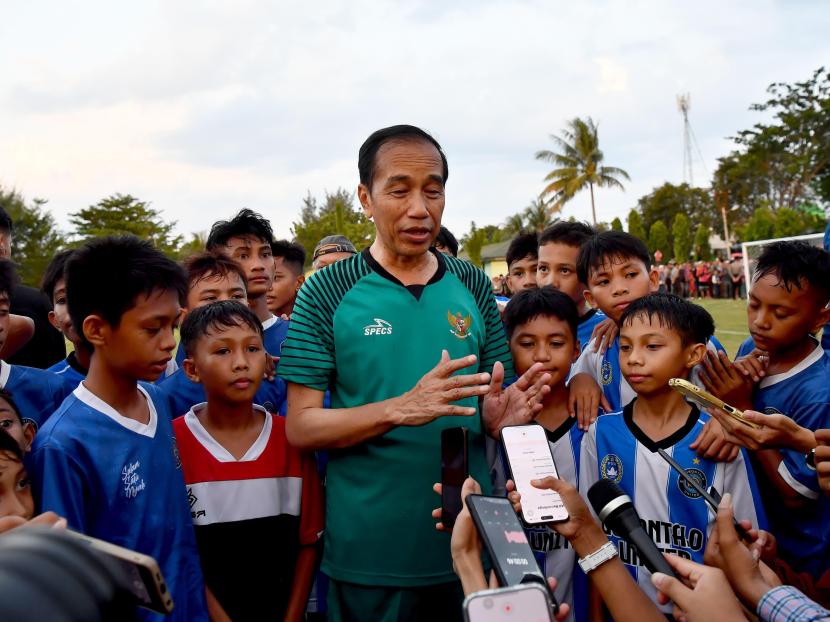REPUBLIKA.CO.ID, JAKARTA -- President Joko Widodo (Jokowi) expects universities and hospitals to produce more doctors and specialists, to address the shortage of doctors in Indonesia.
“Because I see in the field a lot of hospitals that don't have certain specialists that deal with, for example, MRI, cath lab, mammograms. The specialist is not there yet but has been encouraged to go there,” Jokowi said after attending the National Health Working Meeting (Rakerkesnas) 2024 in Tangerang, Banten, on Wednesday (24/4/2024).
While delivering a speech at the event, the President highlighted the lack of doctors and specialists which is the biggest problem of the health sector in Indonesia.
Referring to World Health Organization (WHO) data in 2019, Jokowi said that Indonesia has only 0.47 doctors per 1,000 inhabitants, or below the WHO standard of 1 doctor per 1,000 population.
Therefore, he said, Indonesia in 2023 will revise the Health Law, which, among other things, can simplify the education system of candidates for specialist doctors.
“(To) open the widest range of universities (for the education of specialist doctors), but of course with regard to good qualifications and screening,” President Jokowi said.
Earlier, Head of the Communications and Public Services Bureau of the Ministry of Health Siti Nadia Tarmizhi affirmed the importance of an even distribution of medical and health personnel in the country in providing access to health services for the public.
Therefore, Nadia said, there are a number of efforts being made, such as the awarding of 3,000 scholarships for health HR. The scholarships, he said, were awarded by the Educational Fund Management Institution (LPDP) as well as the Ministry of Health.
According to him, the scholarship was intended for general practitioners to be interested in becoming specialists. He explained that as many as 30 of the 38 provinces in Indonesia still lack specialists.
In addition to awarding scholarships, he said, they are also promoting hospital-based education to produce more medical personnel, so that the distribution is more even.
“We hope that more hospitals will take over. Not only vertical hospitals under the Ministry of Health, but there are state-owned hospitals, private hospitals, regional public hospitals can develop hospital-based education processes earlier,” he said.
Other efforts, he said, were simplification of registration for a Certificate of Practice (SIP) as well as a Letter of Registration Mark (STR).
“Then another is the ease for the diaspora to return to Indonesia, yes. The adaptation process, then how to work the diaspora back to Indonesia,” he said.


